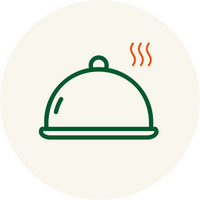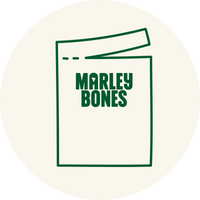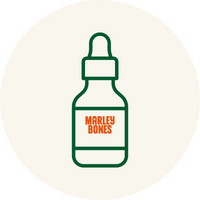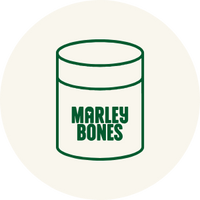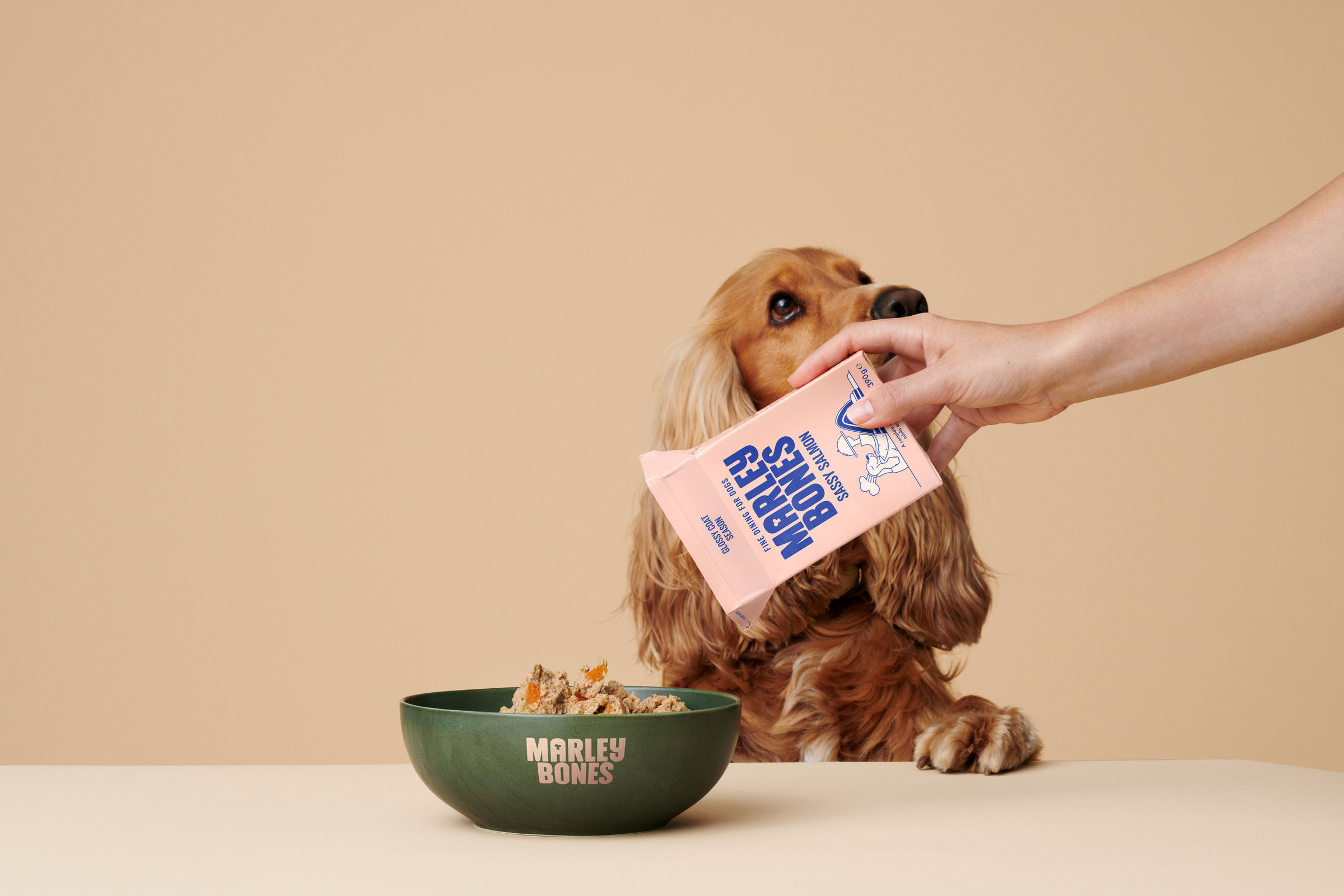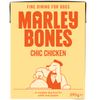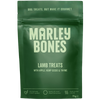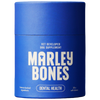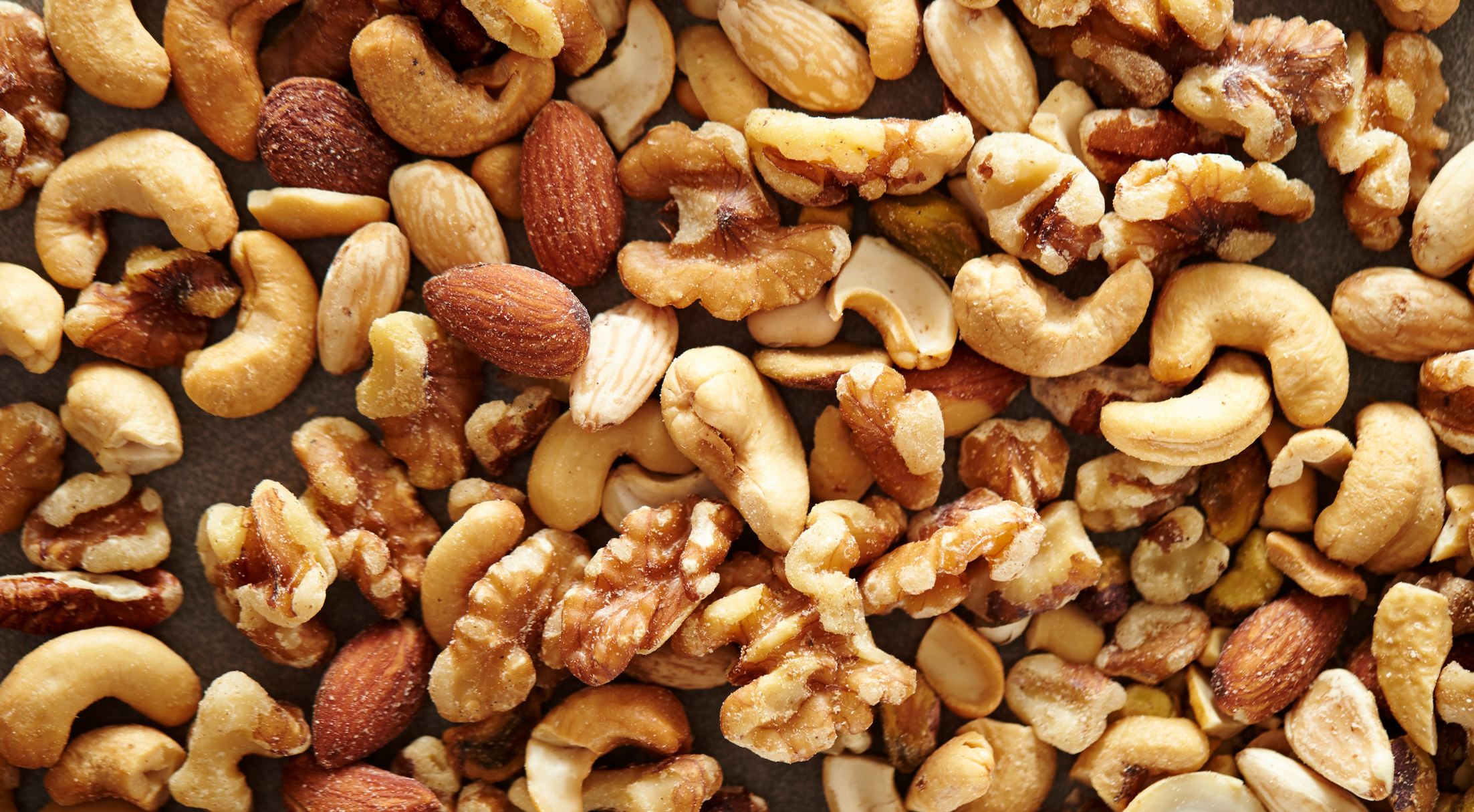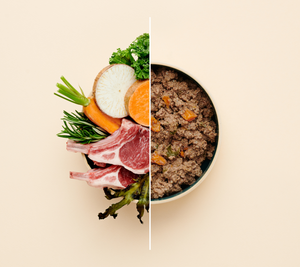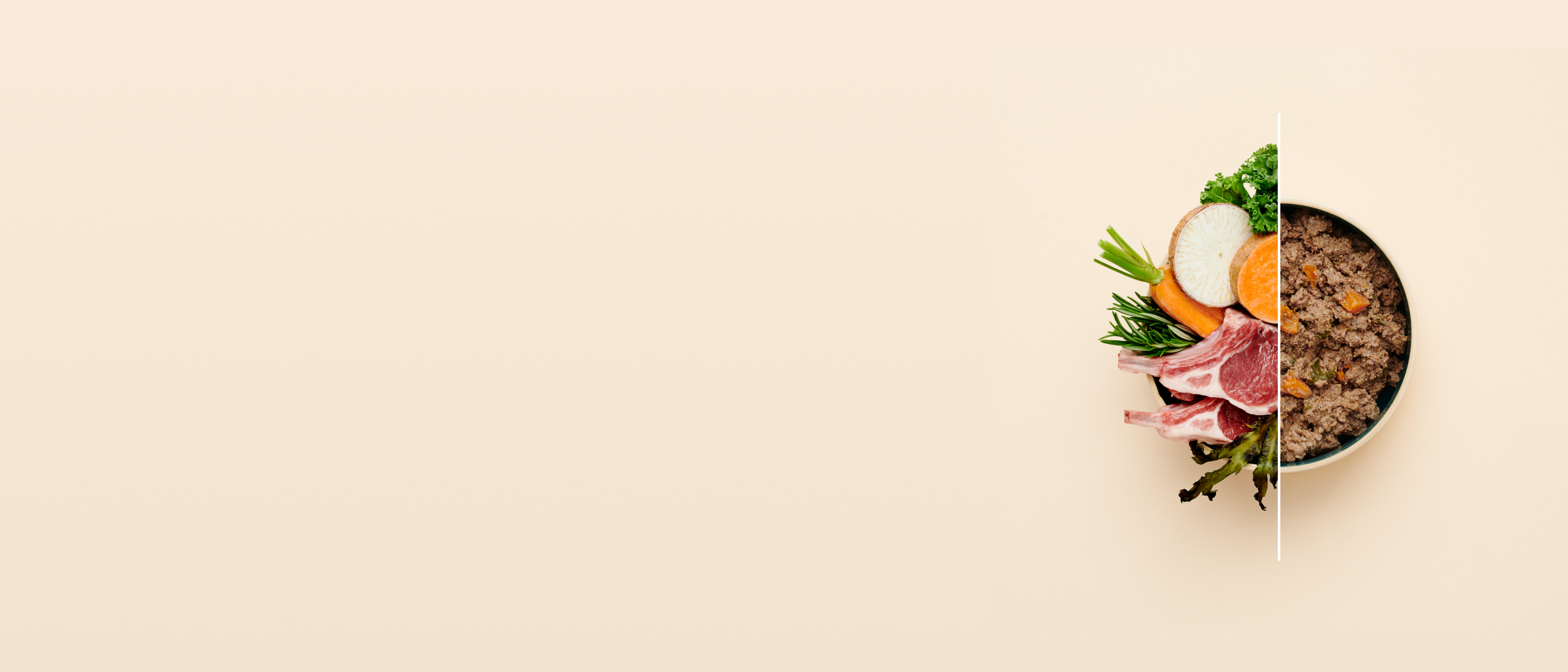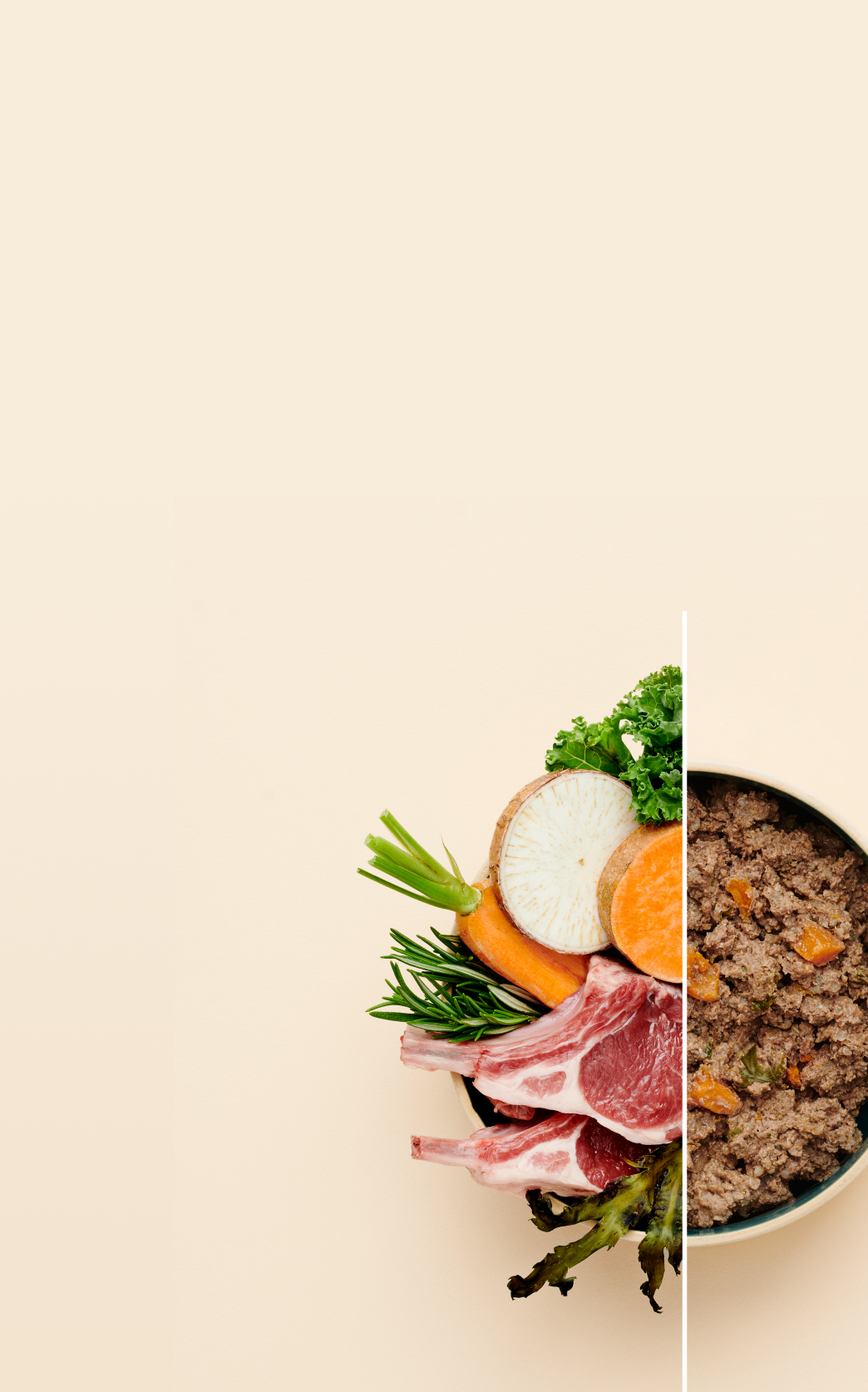Can My Dog Eat Nuts? A Guide To Safe and Unsafe Choices
A handful of nuts might be a tasty, protein-packed snack for you, but for your dog, they can be a bit more complicated. While some nuts are safe in moderation, others are toxic, difficult to digest, or carry hidden health risks. Knowing the difference is essential if you want to keep your dog both happy and healthy.
Some nuts, such as peanuts or cashews, can provide healthy fats, protein, and key vitamins when fed sparingly. Others — most notably macadamia nuts — can be dangerous and even life-threatening. Even with safe nuts, portion control and preparation matter a great deal.
This guide will walk you through which nuts your dog can safely enjoy, which to avoid, and how to introduce them without upsetting your dog’s stomach.
The Potential Benefits of Nuts for Dogs
Nuts are calorie-dense and nutrient-rich, and when chosen carefully, they can add useful variety to your dog’s treat menu.
Nutritional perks of certain nuts:
- Healthy fats: Omega-3 and omega-6 fatty acids to support skin, coat and brain function.
- Protein: A source of essential amino acids for muscle maintenance.
- Vitamins & minerals:
- Almonds – vitamin E for skin and coat health.
- Cashews – magnesium, copper, and antioxidants to support metabolic and immune health.
- Peanuts – niacin (vitamin B3) for energy metabolism.
However, these benefits are only realised in very small quantities — and only from nuts that are safe for dogs.

Why Moderation Matters
Even the safest nuts are high in fat. Too much can cause digestive upset or contribute to pancreatitis (a painful, potentially serious inflammation of the pancreas), especially in small breeds.
Think of nuts as occasional treats rather than part of the main diet. For most medium-sized dogs, one or two plain, unsalted peanuts or a small piece of cashew is enough. Always watch for signs of digestive issues, weight gain, or allergic reactions.
Nuts Dogs Should Avoid Completely
Some nuts are definite no-go foods for dogs due to toxicity, digestive risks, or choking hazards.
Macadamia nuts: Highly toxic, even in small amounts — can cause vomiting, tremors, weakness, and overheating.
Walnuts: Risk of mould contamination (can cause tremors and seizures) and are difficult to digest.
Almonds: Not toxic but hard for dogs to chew and digest — can cause blockages or GI distress.
Pistachios: Very high in fat and often salted; can trigger pancreatitis or sodium toxicity.
Even if a nut isn’t toxic, its size, hardness, and shell can create a choking or blockage risk.
Choking Hazards & Blockages
Whole nuts, particularly large ones like pecans or Brazil nuts, can become lodged in your dog’s throat or intestines. This is a greater risk for small dogs but can happen with any size breed.
Even if swallowed without choking, nuts can cause intestinal blockages that may require surgery. Always chop or crush nuts into smaller pieces before offering them, and never feed shells.

Allergic Reactions
Dogs can be allergic to nuts just as humans can. Signs to look out for include:
- Itching or redness
- Swelling of the face or paws
- Vomiting or diarrhoea
- Difficulty breathing (a medical emergency)
If you notice any of these, stop feeding nuts immediately and speak to your vet.
Safe Nuts Options for Dogs
When fed plain, unsalted, and in small amounts, these nuts are generally considered safe for most dogs:
- Peanuts (unsalted, unsweetened)
- Cashews (roasted or raw, unsalted)
- Small amounts of almond (only for dogs with good chewing habits)
Important: Introduce only one type of nut at a time and in tiny amounts to check tolerance.
Best Practices for Giving Nuts to Dogs
- Choose plain, unsalted, and unseasoned nuts.
- Avoid chocolate-coated, flavoured, or honey-roasted varieties — they often contain harmful ingredients.
- Chop nuts into small pieces to reduce choking risk.
- Keep treats, including nuts, under 10% of daily calories.
- Introduce gradually and monitor for any signs of upset or allergy.
The Final Woof
Nuts can be a tasty, nutrient-rich treat for your dog — but they’re not risk-free. Macadamias, walnuts, and pistachios should never be fed, and even safe nuts should be given sparingly.
When in doubt about whether a nut is safe, it’s always best to leave it out of their bowl.

